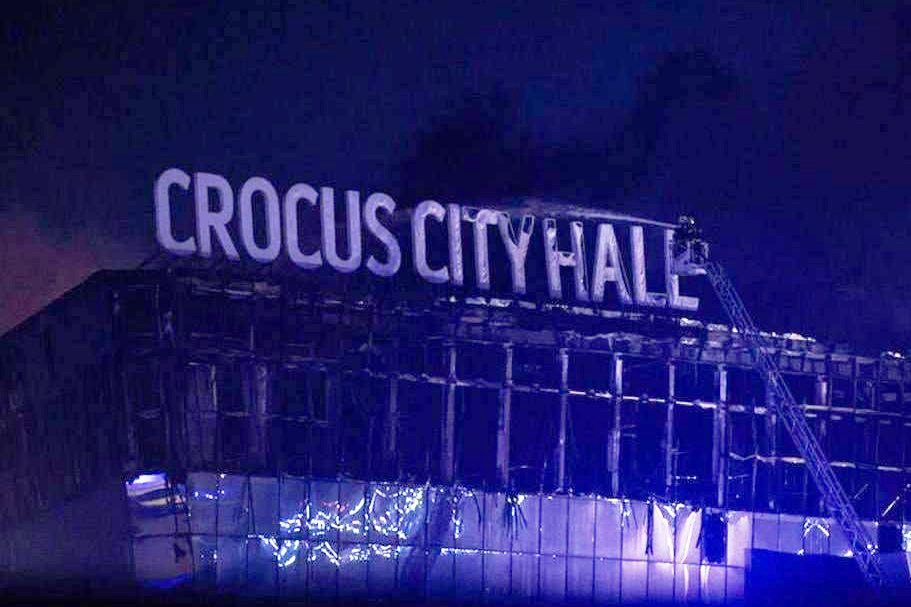
Last Friday, the world was shocked and horrified by reports of an appalling massacre at a packed concert venue in Moscow. According to the latest reports at the time of writing, at least 137 people were killed in this barbaric attack. Men, women and children were slaughtered indiscriminately by a group of gunmen who showed no mercy.
Subsequent events have revealed that the perpetrators are Tajik. According to this morning’s news, three out of four of the assailants have pleaded guilty to an act of terrorism. Interestingly, at least one has confessed to having been paid (the amount is said to have been about US$10,800, of which he received half in advance).
The Islamist terrorist organisation ISIS-K immediately claimed responsibility. Later on, the main ISIS organisation released bodycam footage of the attack through its official press agency.
That means ISIS were at least in contact with the perpetrators and had some level of involvement, if they were not the direct organisers.
The western media lost no time in falling over themselves to support this claim and to rubbish any suggestion of Ukrainian involvement – an idea that they dismissed as simply “absurd”.
In his initial address to the nation, Vladimir Putin did not openly lay the blame for this outrage at the door of Kyiv. But in pointing out that the terrorists had been apprehended in a car speeding towards the Ukrainian border, he heavily hinted at such a possibility.
Was this the work of ISIS?
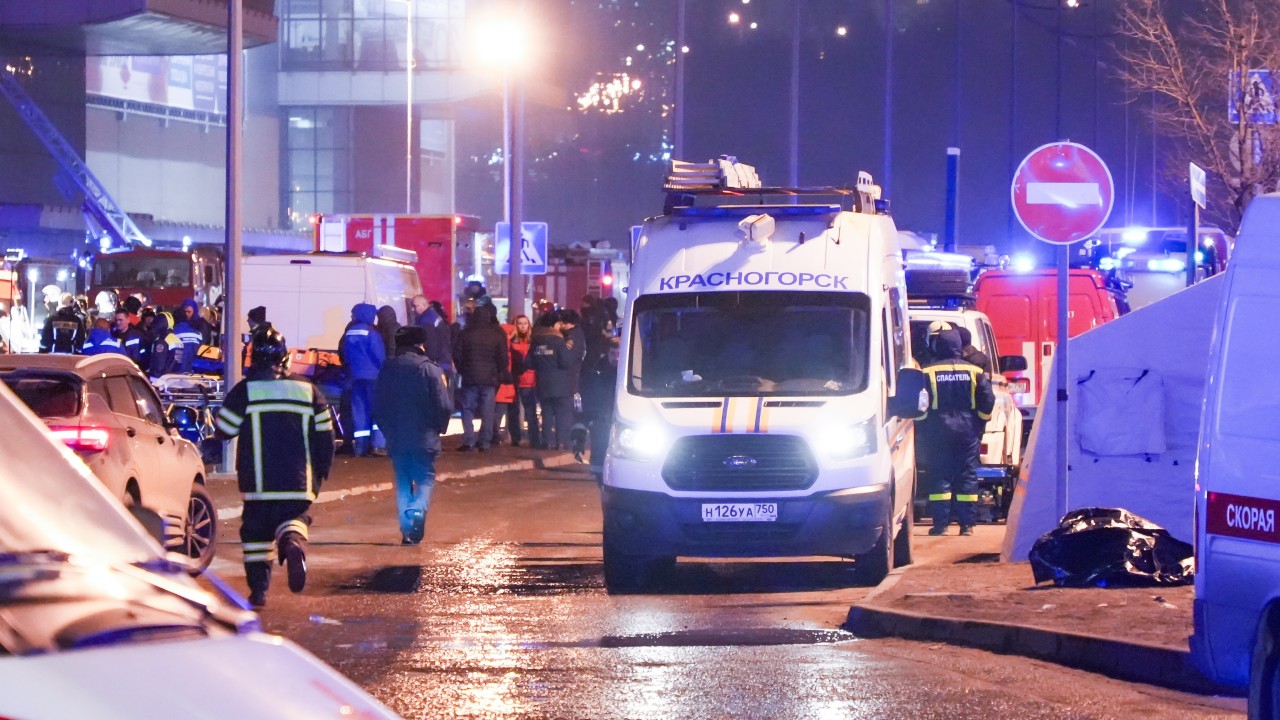
On the face of it, all the evidence points in the direction of ISIS, or one of its offshoots like ISIS-K. The murderous savagery of the slaughter perpetrated on defenceless people by the assassins, crying out, “death to all infidels”, “God is great” is clear enough.
The gunmen were clearly professionals who carried out their butchers’ work with clinical efficiency. They clearly had detailed knowledge of the venue, which they had reconnoitred thoroughly in advance. They knew precisely where to attack and when, choosing an hour when the roads outside would be full of traffic, thus impeding access to any rescuers or emergency services.
These are all hallmarks of ISIS methods, which have always involved careful preparation in advance of any terrorist act. But that having been said, there are other aspects which contradict the initial impression.
The main problem is the fact that, immediately following their murderous assault, the assassins fled from the building. This is entirely at odds with the normal procedure of ISIS and similar Islamist outfits.
As a rule, Islamist terrorists do not leave the place of bloody execution. They do not flee, but fight to the death or blow themselves up with suicide vests. They never surrender. In fact, I cannot recall a single case where that has occurred, including the previous terrorist actions perpetrated inside Russia.
Contrary to the usual modus operandi of Islamist terrorists, they not only fled the scene of the crime, but when the vehicle in which they were travelling was intercepted by armed forces (apparently Chechens), they surrendered without a fight, having thrown their weapons away.
Kadirov, the Chechen leader, praised his men for carrying out the arrests without killing the terrorists. But how was that possible? This is very strange and demands some kind of an explanation.
It appears that the perpetrators were fleeing in a white Renault car being driven furiously towards the border with Ukraine. In his broadcast, Putin states that there is evidence that a ‘window’ had been prepared to allow them to cross into Ukrainian territory.
This is also very strange. The borders between Russia and Ukraine must be heavily guarded on both sides. Moreover, the Russian defences will have been strengthened as a result of recent attempted incursions over the border by the Ukrainians, which were beaten back with very heavy losses on the Ukrainian side.
Even if one supposes that the Ukrainians had opened a ‘window’ on their side of the border, the fleeing terrorists would first have to cross the Russian lines – which would seem a very difficult task indeed.
There are, of course, possible explanations. It may be that a breach in the frontier may have been somehow opened in a location other than the existing checkpoints, through which the gunmen could escape.
Another explanation – probably more likely – is that they may have been promised a safe route that did not, in fact, exist. It is impossible to say.
Another interesting detail is that it seems that one of the arrested men admitted that he had been paid for his butcher’s work. This, again, is completely in contradiction with the traditional methods of Islamist organisations like ISIS.
When they recruit fighters to carry out their bloody work, they do not do so with the lure of cash, but with the prospect of a martyr’s death, leading automatically to a one-way trip to paradise.
To accept cash rewards for murder is not characteristic of religious fanatics, but rather of mere mercenaries. In fact, the severe defeats inflicted upon ISIS in Syria and Iraq have seriously weakened ISIS, which has been conspicuously absent from the scene until now.
And the Middle East must be awash with unemployed former terrorists, anxious to sell their butcher’s trade to anyone with ready cash to buy their services.
That would include employment by the intelligence services of states that have absolutely nothing to do with Islam or Paradise, but plenty of ready cash to pay them. If these men were paid to carry out this attack, the only question of interest is: who was the paymaster?
In order to answer this question, we must look at the broader picture.
The war is lost
After the fall of Avdiivka, every reasonable person will have concluded that the war in Ukraine has been irrevocably lost. Even Biden has warned that if the latest military aid package is not approved, Ukraine will probably collapse in a few months. This is leading to a general mood of panic in ruling circles in the West.
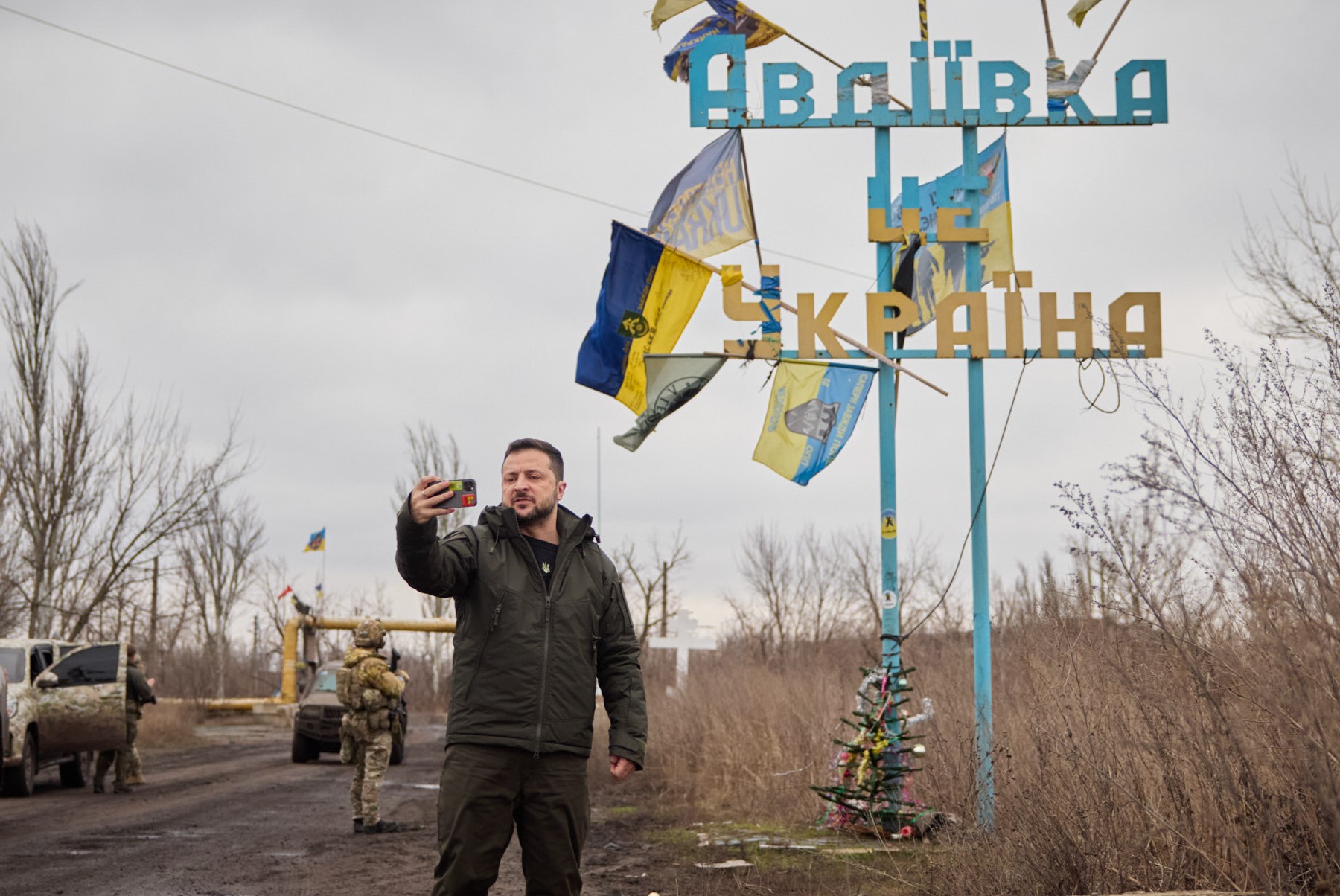
But instead of drawing the logical conclusion, and seeking some kind of deal with Moscow that might salvage something from the wreckage – at least preserving something resembling an independent Ukrainian state – the panic has found an expression in outbursts of hysterical rage against all things Russian.
Governments are desperately scrambling around to find money and arms to send to Kyiv in order to prolong the agony. But no amount of money from the EU can make up for the shortfall caused by the collapse of funding from the USA.
The $61 billion package intended for Ukraine has been blocked by the Republicans in congress for many months. At the time of writing, there is no indication that the situation is going to change anytime soon.
Even if the money were available, it would not change anything fundamental, since the West is not able to produce enough shells, rockets and air defence systems that had been lost by Ukraine, and which continue to be lost at an alarming rate.
The Russians have overwhelming superiority now, and their war industries are churning out shells, tanks and missiles at a rate that cannot be matched by the West. Ukrainian stocks of all these things are being rapidly depleted and cannot be quickly replaced.
Signals from Washington
Even if both money and arms were available, the crucial factor of available fighting forces would still be missing. Ukrainian losses have reached horrific levels.
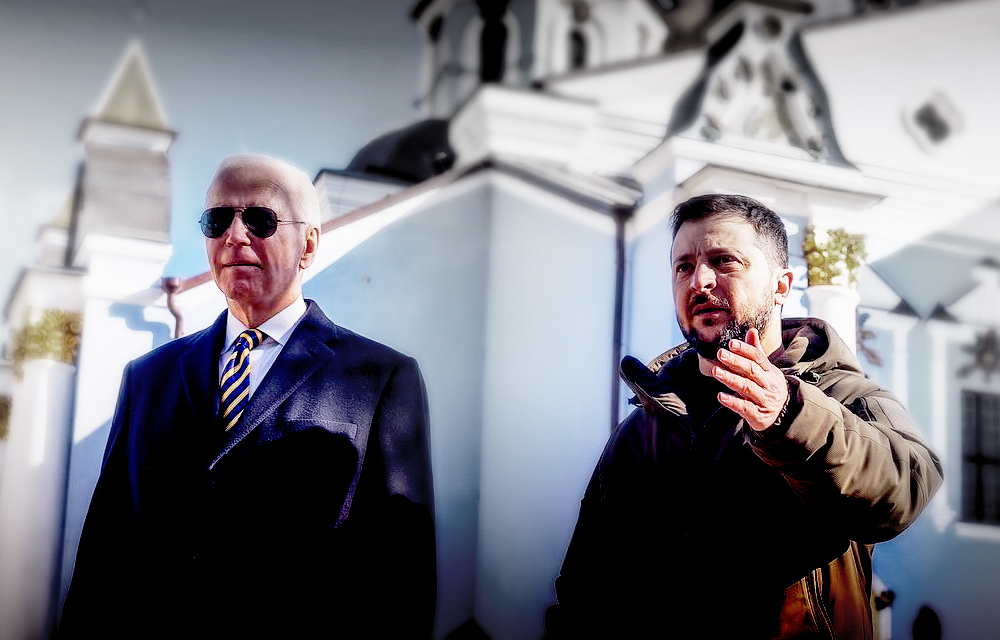
According to figures issued by the Russian Ministry of Defence, since the beginning of the year Ukrainian losses (dead and wounded) amounted to 71,000.
That is three times more than the losses suffered in the same period last year, when the bloody battle for Bakhmut was raging. One might object that the Russian figures are exaggerated. This may be the case. But there is absolutely no dispute about the fact that Ukrainian losses on the battlefield have reached truly staggering proportions. All western sources coincide with that appraisal, which is not open to doubt.
Such levels of losses of men, weapons and ammunition cannot be sustained. The outlook is therefore, frankly, critical.
The West is prepared to fight to the last drop of Ukrainian blood. But they are not prepared to sacrifice their own soldiers to defend Ukraine. Macron’s panicky speeches calling for NATO to send troops to Ukraine immediately met with a solid wall of resistance, even from countries like Poland.
No, Ukraine must be left to fight its own battles, their gallant allies reply from the safety of their comfortable studies. Despite their brave words of encouragement, the Americans are least of all inclined to any suggestion that their forces should be sent to fight and die on the muddy battlefields of Ukraine.
The signals coming from Washington and other European capitals are hardly encouraging for the men in Kyiv. If there is panic in Paris, London and Washington, the mood in the Ukrainian capital is one of absolute desperation. And desperate men do desperate things.
Who is Kyrylo Budanov?
Kyrylo Oleksiiovych Budanov is the chief of the Main Directorate of Ukrainian Intelligence of the Ministry of Defence.
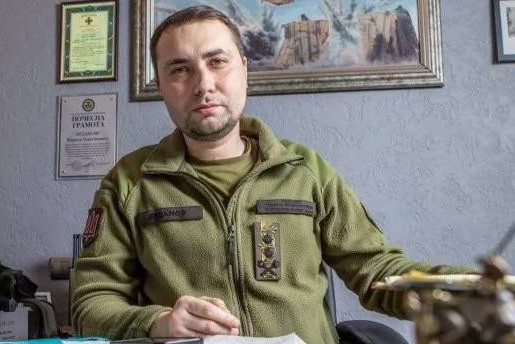
His record as an intelligence chief has not been outstanding. Ukraine’s army has been constantly outmanoeuvred by superior Russian tactics. That was shown clearly by the fall of Avdiivka, which caught the Ukrainians completely by surprise.
Ever since then, the Russians have been pressing forward slowly but relentlessly all along the frontline. The Ukrainians, whose forces have been severely depleted both in men and in weapons and ammunition by Russian fire, are unable to predict where the expected Russian counter-offensive will take place, and therefore cannot concentrate forces at any particular point.
The failures of Ukrainian intelligence are highlighted by this very fact. However, what Budanov lacks in skills and intelligence gathering, he makes up for by other talents.
To put it bluntly, Budanov is an adventurer, an intriguer, skilled in the black arts of covert operations in the well-known tradition of James Bond. His principal field of expertise is carrying out terrorist acts behind enemy lines – sabotage, targeted assassinations and the like.
The Ukrainians had been stepping up talk of ‘asymmetrical’ war in 2024 (i.e. terrorist attacks), which makes sense, as they are being defeated in the battlefield of ‘normal’ war.
Desperate measures
The recent attempt to seize some small villages on the Russian side of the frontier in the region of Kursk and Belgorod were just such desperate measures.
Kyrylo Budanov, the military intelligence chief, claimed that “anti-Kremlin militias” were involved in this operation, and Ukrainian forces would try to support them “to the extent possible”.
In reality, this was an operation by a large Ukrainian force, which, however, was easily beaten back with huge losses – a fact which has been diplomatically glossed over by the western media. This operation had Budanov’s fingerprints all over it.
But this is not a man who would easily be deflected from his objectives by the loss of soldiers’ lives. He would merely turn the page and look for another means of achieving his objective: the destabilisation of Russia and the demoralisation of its population, such that they would turn against the government and the war.
The Financial Times recently published an interesting pen portrait of this shady individual. It writes:
“As head of the defence ministry’s Main Intelligence Unit (GUR), Budanov has masterminded Ukraine’s covert war against Russia, becoming one of the most lionised figures in Kyiv’s fightback. The survivor of 10 known assassination attempts, he lives, more or less continuously, in this office on the outskirts of the capital, encamped with patriotic art and war memorabilia on the walls and his pet frog Petro swimming in a tank beside his desk. Budanov’s métier is running attacks behind enemy lines in Russian-occupied territory and Russia itself. But the spy chief rarely takes credit for them, keeping Moscow and the rest of the world guessing about his directorate’s reach and abilities.”
In addition to the failed attempt to seize some villages on the Russian side of the frontier, he was behind a spate of recent drone attacks that extended as far as St Petersburg, striking an oil terminal, and targeted a gunpowder factory and an oil depot in Bryansk region, just north of the Ukrainian border.
These tactics are provoking alarm in western circles. The Financial Times comments:
“The brazen tactics have at times irked Ukraine’s western backers; some fear it will provoke a brutal and perhaps even nuclear response from Russian President Vladimir Putin. The spy chief is unmoved by such concerns and vows to keep operating deep inside Russia to sabotage Putin’s war machine. “We do not foresee any drastic changes in the near future,” Budanov said. “Everything we have done, we will continue to do.”
Islamists and Ukraine
What meaning can be ascribed to those words of Budanov?
Last year, Ukraine’s parliament established a special committee to formulate a legal framework for interactions with small and indigenous national movements within Russia. Its underlying goal is “to establish enduring peace for both Ukraine and the trans-Atlantic community.”
The so-called decolonisation policy is a thinly veiled expression for breaking up the Russian Federation into its constituent parts. It is a policy designed to appeal to nationalist tendencies, including the most reactionary Islamic fundamentalists in Central Asia and the Caucasus.
In the murky world of espionage and counter-espionage, Budanov will have contacts with other like-minded people: terrorists and assassins for hire, always willing to offer their services to the highest bidder.
It is well known that there are Islamic fundamentalists (Syrian veterans, Chechens) fighting with Ukraine against Russia. A former Ukrainian National Defence and Security Council member, also a veteran of anti-terrorism and military intelligence, Yevdokymov Valerii, is now ambassador in Tajikistan.
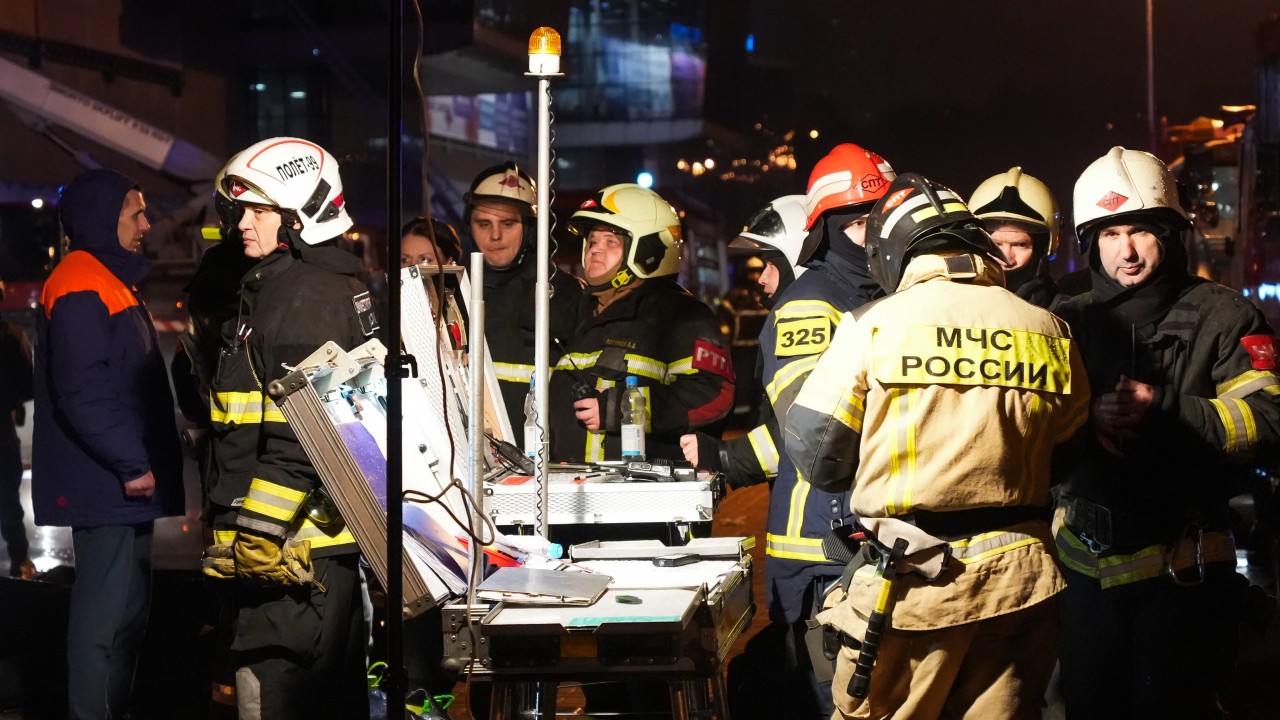
Is it possible that the gunmen who perpetrated the Moscow atrocity – all of whom appeared to be Tajiks – may have been recruited by Ukrainian intelligence in this way?
There is, as yet, no formal proof of direct or indirect Ukrainian involvement in this affair. But if I am asked whether a man like Budanov would be capable of resorting to such a desperate measure, my answer would be in the affirmative.
A man like Budanov will not stop at anything to hit out at Russia, to create the maximum havoc and sow panic in the population with the aim of weakening support for the war in Ukraine.
However, if that was the intention, it has achieved precisely the opposite result. The attack has caused a wave of fear and revulsion in the population, further strengthening the hand of Putin.
The ferocity of the attack, its indiscriminate nature and extreme cruelty will fuel the mood that Russia and its people are under attack by external enemies.
Those who foolishly imagine that Putin’s position will somehow be weakened are committing a very serious mistake. Far from weakening Putin’s position at home, he will be further strengthened.
Already before the elections, his popularity had risen to 86 percent – a figure that has not been disputed by the West, which nevertheless insists on questioning the election result of about 87 percent.
Western commentators expressed their bewilderment as to why Putin should be popular. They ought not to be surprised. The Russian president mainly has the West to thank for this.
The aggressive actions of NATO and the constant barrage of vicious anti-Russian propaganda that is daily churned out by our so-called ‘free press’ convinces people in Russia that the West is the enemy. And that is not far from the truth.
In such a climate, it is natural that people will unite around the government – at least for the time being – in the interest of national security. Putin will be able to carry out a further curtailment of democratic rights in Russia, and inevitably there will be severe retaliation against Ukraine.
There has already been a wave of missile strikes against Ukraine, including the destruction of an airfield in Western Ukraine, which is said to have been preparing for the arrival of western F-16 fighter planes.
There has also been a lot of talk about a possible new wave of mobilisation in Russia. That may or may not be the case. The fact is that there will be plenty of volunteers in Russia queueing up to join the fight at a time when very few Ukrainian men are any longer eager to sacrifice their lives for a lost cause.
What did the CIA know?
As I have pointed out, the US was extremely quick in declaring that ISIS was responsible and that the attack had nothing to do with Ukraine. They made this judgement without having examined all the available facts or waiting for any Russian investigation. As usual, their minds were made up in advance.
A week or so before the attack, the US had warned its citizens of the likelihood of terrorist attacks in Russia and warned them to avoid large gatherings like concerts and malls. Putin dismissed these warnings as a provocation and “blackmail”.
After the atrocity, there has been a lot of fuss about this question. The western media point an accusing finger at Russian intelligence for failing to heed this warning.
But the Russians assert that no direct information was ever shared with their intelligence services. Without specific information, general warnings are more or less useless.
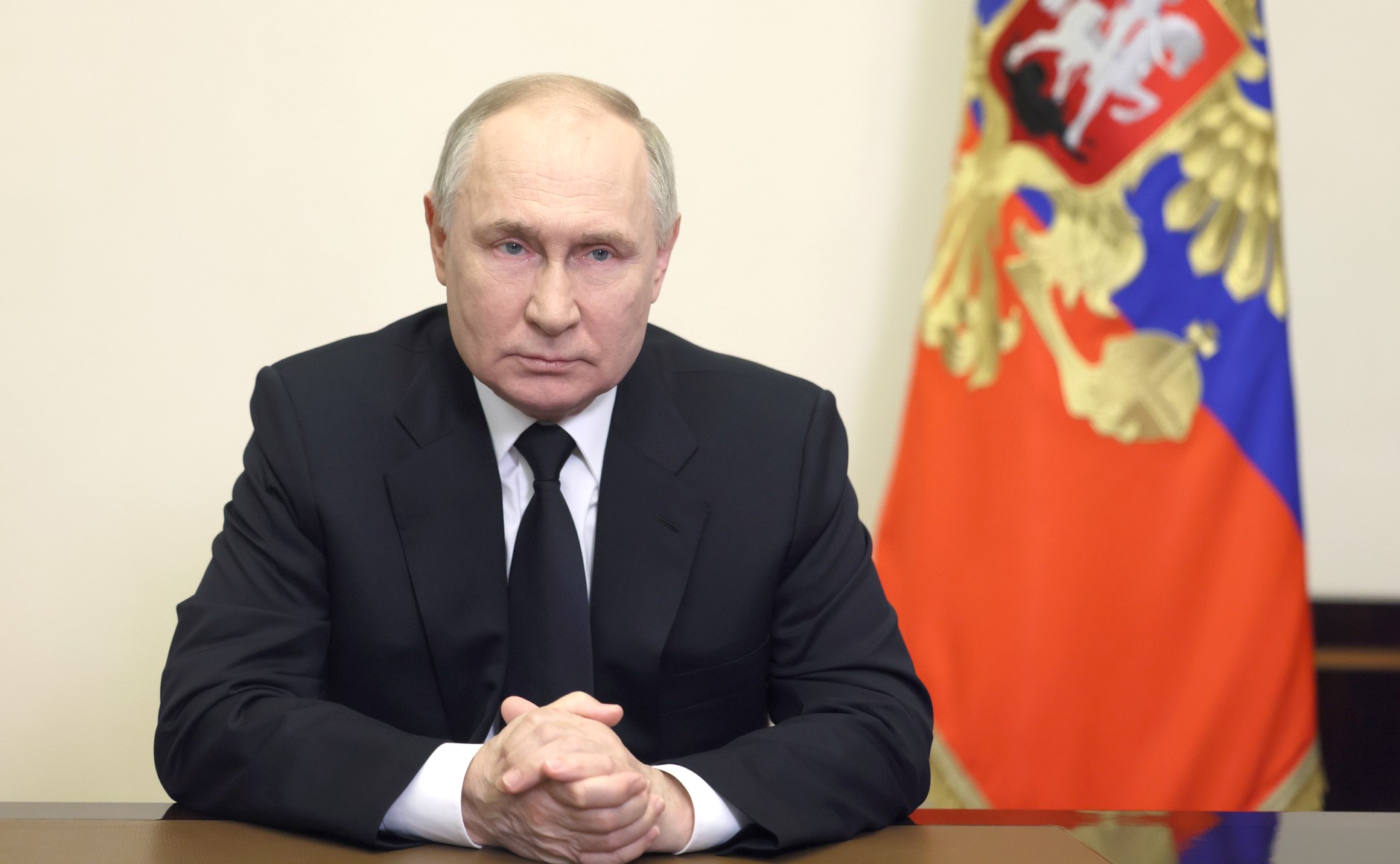
To this day, it is not clear how much information the American intelligence services possessed about the oncoming attack. Nor do we know where they got their information from.
Such information would immediately shed light upon who the real perpetrators were. Whether this information will ever see the light of day is another matter altogether.
So far, two main hypotheses have been put forward: a) that it was a terrorist act perpetrated by ISIS, and b) that it was an action behind which the hand of Ukraine’s secret services was involved.
In reality, there is no contradiction between the two hypotheses. ISIS may have been the material authors of the crime, but it is quite possible that other, less visible, forces were involved.
So far, we have yet to hear any firm evidence that the Kyiv regime had a hand in these events. But this hypothesis is not entirely ruled out.
In fact, both the Ukrainians and Islamists had reasons to carry out or be involved in the attack. We must patiently await further evidence that will no doubt shed some more light on this murky affair.
I suspect we’ll never get the full story. Whoever did it, Ukraine is going to pay a heavy price for it.

